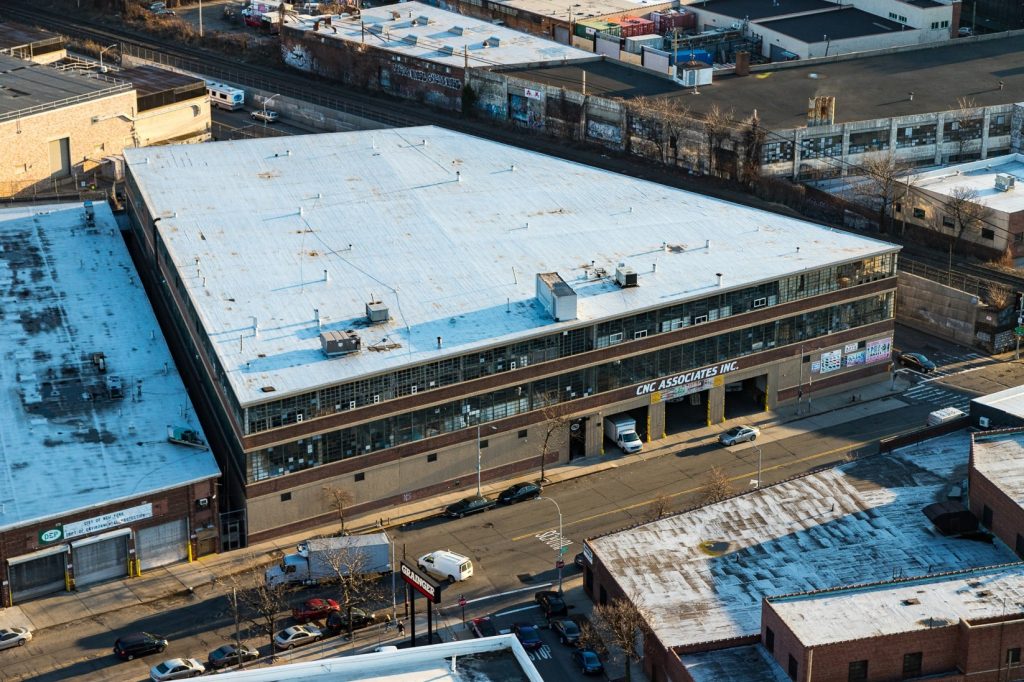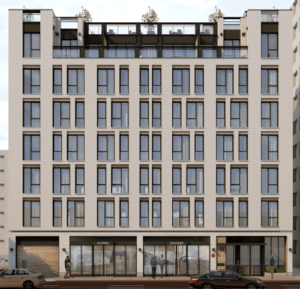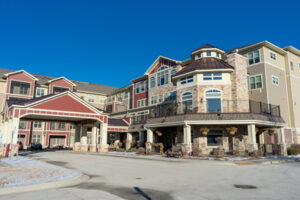
Largely due to the rise in online shopping – e-commerce sales worldwide are projected to nearly double from 2016 to 2020, according to Statista – industrial is becoming the new retail, and in the realm of industrial assets, Queens is the new Staten Island, Nassau County, or Northern New Jersey. Today, Queens is competing with these well-known distribution hubs for e-commerce fulfillment, and, accordingly, is attracting significant attention from investors.
Why Queens?
Why is Queens becoming the first choice for the Last Mile? One reason is its proximity to urban customers. Today’s online customers expect prompt and inexpensive delivery of their online orders, with “prompt” meaning as little as one to two hours, as with Amazon Prime Now. Given these time constraints, retailers and distributors are gravitating toward warehouse space within cities themselves.
For rapid deliveries within New York City, the Northern New Jersey distribution centers – once the default go-to sites – don’t quite fit the bill. As New York Post writer Lois Weiss points out in a recent column, leasing warehouse space in New Jersey is cheaper than in the boroughs, but there is a downside to the former: “Trucking packages into Midtown is both time-consuming and pricey.”
Delivery from Queens, in contrast, is quick and cost-effective, thanks to the borough’s transportation amenities, which include major airports and expressways, and densely-populated neighborhoods. Together, these attributes provide a distinct competitive advantage for last-mile fulfillment.
Significance for Investors
The appeal of Queens for e-commerce providers is clear. But what is the appeal for investors? High demand and low supply. A shortage of industrial space stems from the residential and office conversions that have characterized Queens development in recent years. As a consequence, industrial space is at a premium, and rents are rising rapidly.
The Maspeth neighborhood, where FedEx Ground recently established a distribution center and UPS leased a 475,000 square foot facility, is a case in point. David Schechtman, Meridian Senior Executive Managing Director, is marketing for sale a 151,000 square foot industrial building at 58-30 Grand Avenue in the area. According to Schechtman, rents that were $9 – $12 per foot in the property a few years ago are closer to $20 per foot today.
The Future
The exponential growth in e-commerce has created interdependencies between the retail and industrial asset classes. “Retailers typically need less storefront space these days, but if they offer any kind of delivery arrangements, they need warehouse space,” notes Schechtman. Those retailers who lack nearby warehouses can’t meet current standards of last-mile service, which McKinsey & Company identifies as a “key differentiator for e-commerce providers.”
Last-mile service may also become a key differentiator for investors. In the coming years, owners of warehouses in Queens and other urban centers are likely to enjoy returns (of a very different type from those associated with delivery).
Featuring:
David Schechtman
Senior Executive Managing Director
Investment Sales
(212)468-5907
[email protected]
Recent Articles | Back to News
Is New York City still a viable investment option? - by Shallini Mehra
Press Release
June 12, 2018
Team Betesh arranges $110 million in financing to refinance an office property in Stamford
Press Release
June 12, 2018

Meridian Capital Group arranges $16.5 million in construction financing for mixed-use property
Press Release
June 12, 2018

Meridian Arranges Sale of Three-Property, 428-Unit Portfolio in Wisconsin, North Dakota
Press Release
June 12, 2018

